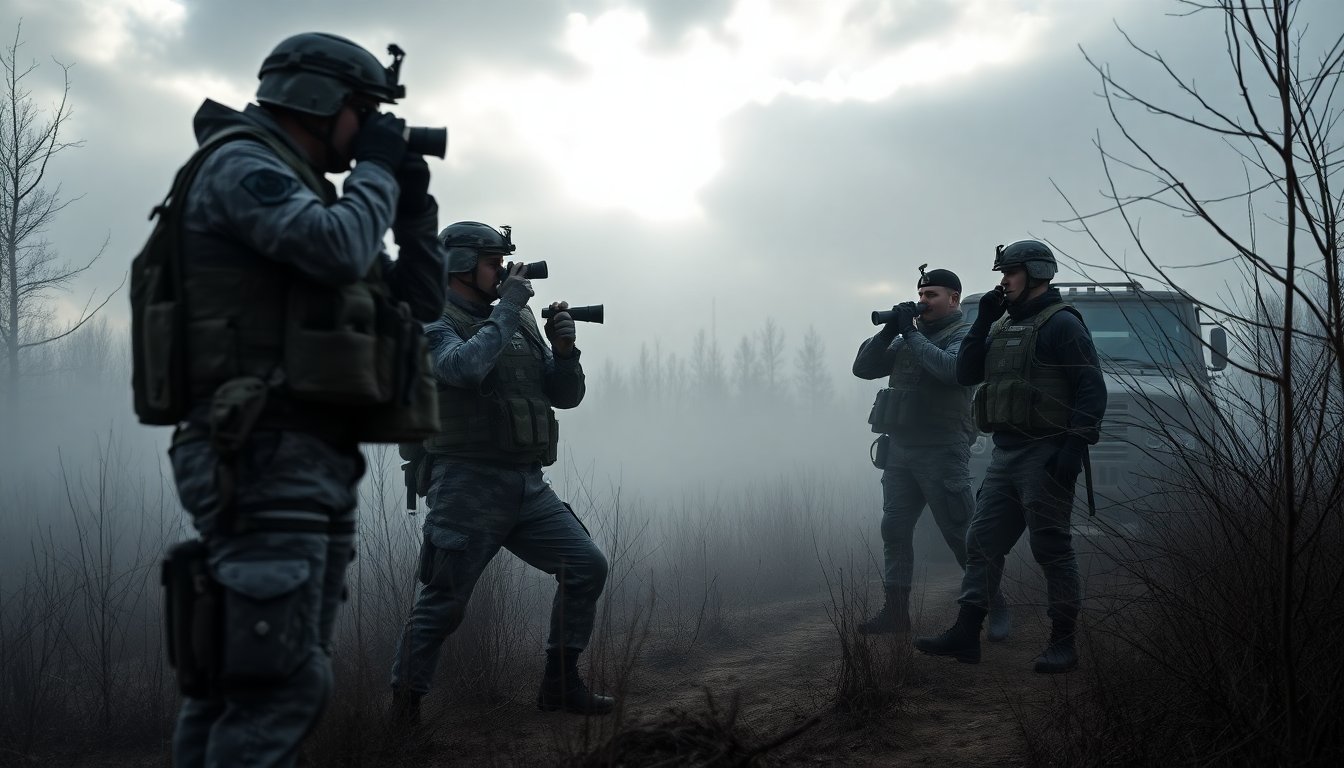Table of Contents
The conflict between Ukraine and Russia has intensified, leading Ukraine to request increased military support. A significant aspect of this request is for Tomahawk cruise missiles, known for their precision and extensive range. This appeal arises at a crucial moment, as Ukrainian officials believe that acquiring these missiles could substantially shift the balance of power and encourage Russia to reevaluate its aggressive tactics.
The potential impact of missile support
President Trump now faces a pivotal decision regarding the approval of these advanced weapons transfers to Ukraine. The stakes are considerable, as the consequences of this decision could significantly affect the conflict’s direction. If the Tomahawk missiles are deployed effectively, they may not only enhance Ukraine’s defensive capabilities but also prompt Russia to engage in serious negotiations.
Military implications of Tomahawk missiles
The Tomahawk missiles are engineered for precision strikes against high-value targets. Their use by Ukrainian forces could enable them to target critical Russian military infrastructure, disrupting supply lines and communication networks. Such strategic actions may shift the momentum of the conflict, granting Ukraine a vital edge on the battlefield.
Additionally, the deployment of these missiles could convey a powerful message to Moscow. It would demonstrate that the international community, particularly the United States, firmly supports Ukraine in its pursuit of sovereignty. This display of backing could potentially encourage Russia to engage in negotiations, creating an environment favorable for peace talks.
The geopolitical landscape at play
The decision to supply Tomahawk missiles to Ukraine extends beyond military strategy; it has significant geopolitical ramifications. If the U.S. proceeds with this transfer, it may further escalate tensions with Russia. The Kremlin perceives NATO’s expansion and Western military assistance to Ukraine as direct threats to its influence in the region. As a result, Russia could respond with increased military operations or adopt a more aggressive stance in its neighboring territories.
Negotiation versus escalation
Denying Ukraine’s request for Tomahawk missiles may convey a sense of weakness. This could encourage Russia to pursue its goals with increased aggression. The balance of power is fragile, and the implications of Trump’s decision could either lead to renewed conflict or create opportunities for negotiations.
Historically, military support has often acted as a catalyst for diplomatic dialogue. For instance, previous military assistance to various nations has facilitated negotiations that eventually resulted in the end of hostilities. The critical question is whether these missiles will play a similar role in the ongoing Ukraine-Russia conflict.
Assessing the implications of military aid
Donald Trump must carefully evaluate the potential consequences of his decisions on both domestic and international levels. Offering support to Ukraine may bolster his reputation among allies advocating for a strong response to Russian aggression. However, this approach might also attract criticism from those concerned that increased military involvement could escalate into a larger conflict.
The choice regarding the Tomahawk missiles highlights the complexities of contemporary foreign policy, where military assistance and diplomatic efforts must be judiciously balanced. As developments unfold, the global community is closely monitoring whether Trump will opt to support Ukraine or take a more restrained approach.
The implications of this conflict extend far beyond Ukraine’s borders. The outcome may influence international relations across Europe and beyond for years. As the United States evaluates its options, it must consider the potential messages its actions will convey to both allies and adversaries.


